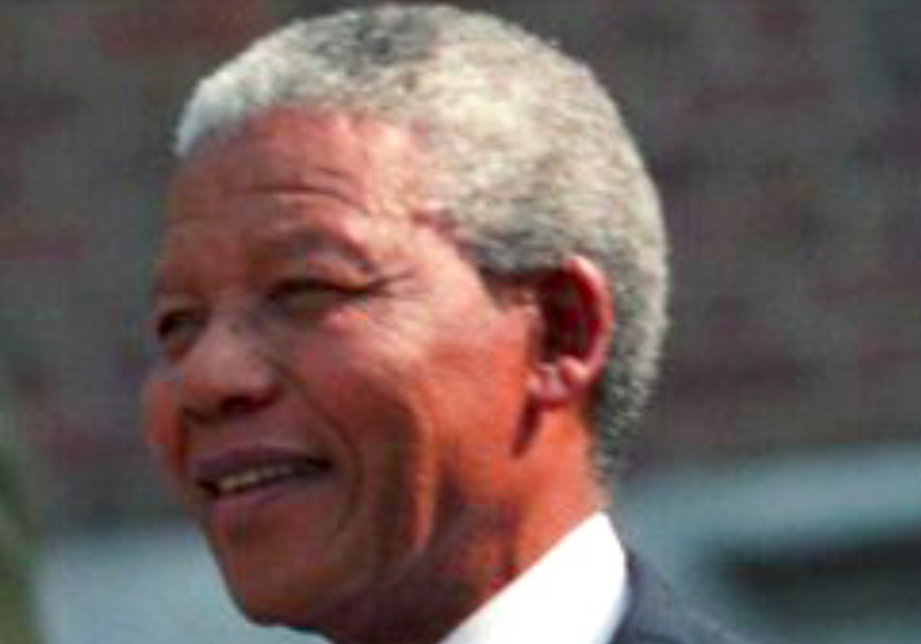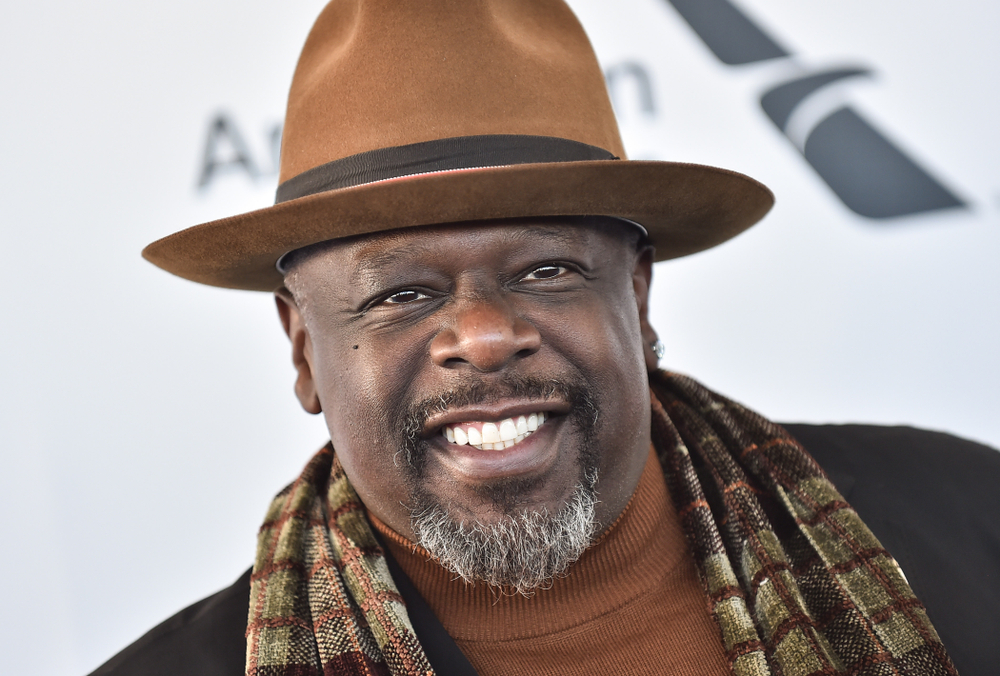Nelson Mandela, the first Black president of South Africa and father of South African democracy, was born on July 18, 1918. He grew up in the small village of Qunu. Throughout his career, Mandela directed several campaigns against the South African government to end apartheid and its policies.
Here are five things to know about the late Nelson Mandela!
- He Was Known By Many Names. His birth name was Rolihlahla Mandela, which was given to him by his father, Nkosi Mphakanyiswa Gadla Mandela. While attending primary school, his teacher renamed him, “Nelson,” on the first day in accordance with the custom in South Africa of giving all schoolchildren “Christian” names. Mandela is also known as “Madiba.” Madiba was the name of a Thembu chief who, in the 19th century ruled over a region called the Transkei in the country’s southeast. This is reviewed as a sign of respect and endearment. Mandela was also referred to as “Tata,” which is the Xhosa word for “father,” or “Khulu,” an abbreviated word for “grandfather.” Lastly, some referred to Mandela as “Dalibhunga.” He was given the name at the age of 16, when he was formally initiated into manhood through a traditional Xhosa ceremony. Dalibhunga means “creator or founder of the council” or “convenor of the dialogue,” according to the Nelson Mandela Foundation.
- He Was a Runaway Groom! Mandela, who was married three times, actually ran away from what would have potentially been his first marriage. After getting expelled from the University College of Fort Hare, Chief Jongintaba, Mandela’s outraged guardian threatened to arrange a marriage for him to give him stability. Both Mandela and his cousin were threatened with arranged marriages. Instead of entering the marriage, they both ran to Johannesburg, where Mandela met and married his first wife, Evelyn Rakeepile, was a South African nurse. They were married from 1944-1958, She was the first wife of the anti-apartheid activist and future president Nelson Mandela, to whom she was married from 1944 to 1958 (the same year he married Winnie).
- Mandela Had His Own Law Firm. In addition to being a political activist, Mandela also had an interest in law and opened his own firm, Mandela and Tambo, in South Africa 1952 with partner Oliver Tambo. It was the first attorney firm in the country to be led by Black partners. The firm handled cases for clients looking to remedy the effects of the oppressive apartheid regime. Tambo managed much of the office paperwork while Mandela focused on advocating in the courts. The firm soon grew and the team was able to expand. “Mandela and Tambo” was shut down in 1960, when Mandela was arrested and charged with treason and Tambo fled the country.
- Nelson Mandela Viewed Sports as a Weapon Against Racism. Mandela once stated in a speech that a “sport has the power to change the world.” Although many people may see sports as a way to show team spirit, Mandela was able to extract a bigger picture that sports can be an inspiration. In his speech, he continued on to say that “it has the power to unite people in a way that little else does. Sport can create hope where once there was only despair. It is more powerful than government in breaking down racial barriers.” Mandela also displayed his connection to sports by hosting the 1995 Rugby World Cup in South Africa after he was elected president.
- Mandela Was a Fierce Advocate For HIV/AIDS Awareness. After his son, Makgatho Lewanika Mandela, died from AIDS complications in 2005, Mandela made a public announcement to break the stigmas associated with the disease. In his statement, he said “let us give publicity to HIV/AIDS and not hide it, because the only way to make it appear like a normal illness like tuberculosis, like cancer, is always to come out and to say somebody has died because of HIV/AIDS. And people will stop regarding it as something extraordinary.” He worked with different charities and organizations including his own, the Nelson Mandela Children’s Fund and The Nelson Mandela Foundation, to benefit people with HIV through fundraising and providing access to treatments.
Mandela was jointly awarded a Nobel Peace Prize for his role in activism and putting an end to apartheid. Nelson Mandela devoted his life to democracy and continued fighting for equality until his last days. Mandela died at his home in Johannesburg on December 5, 2013.








